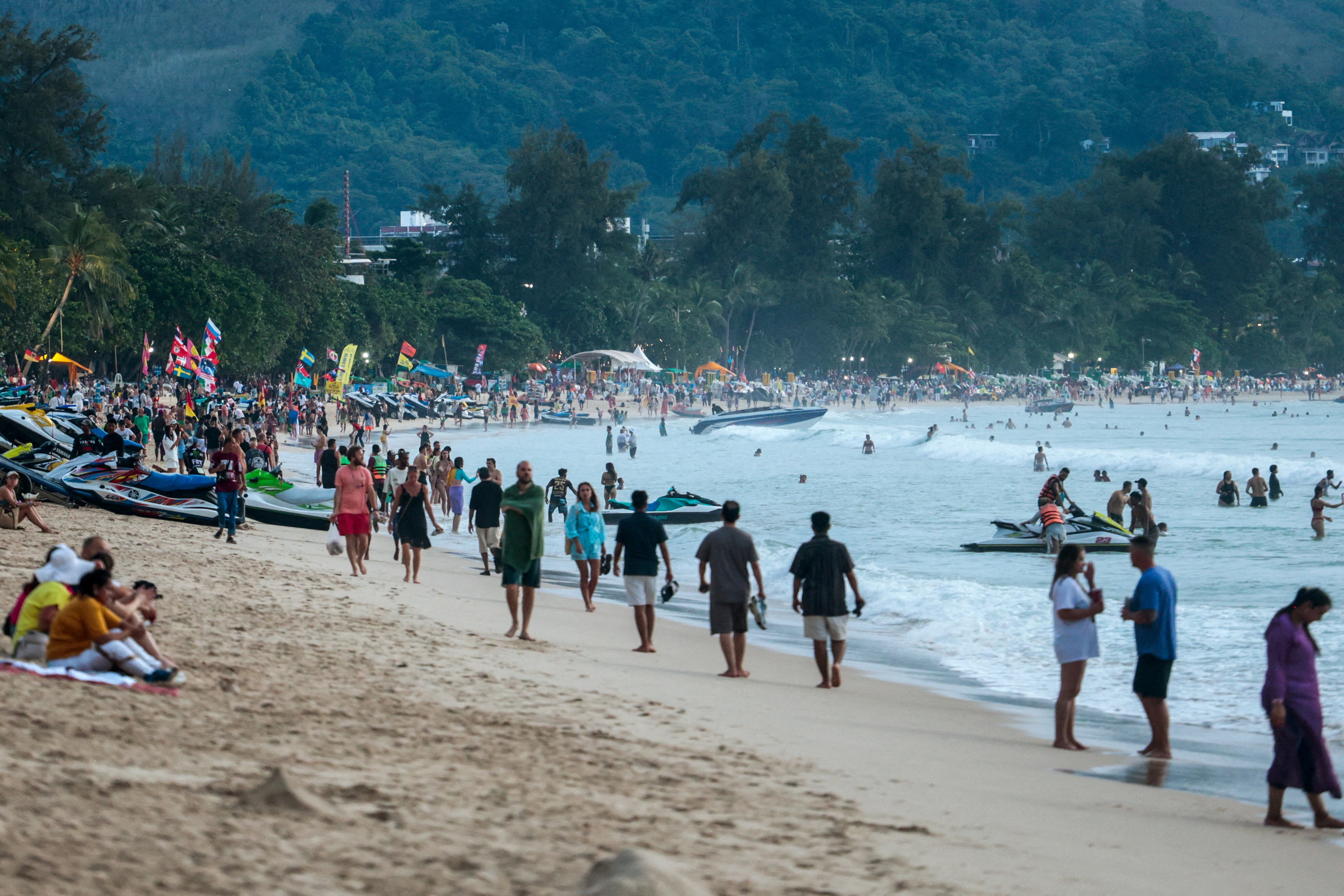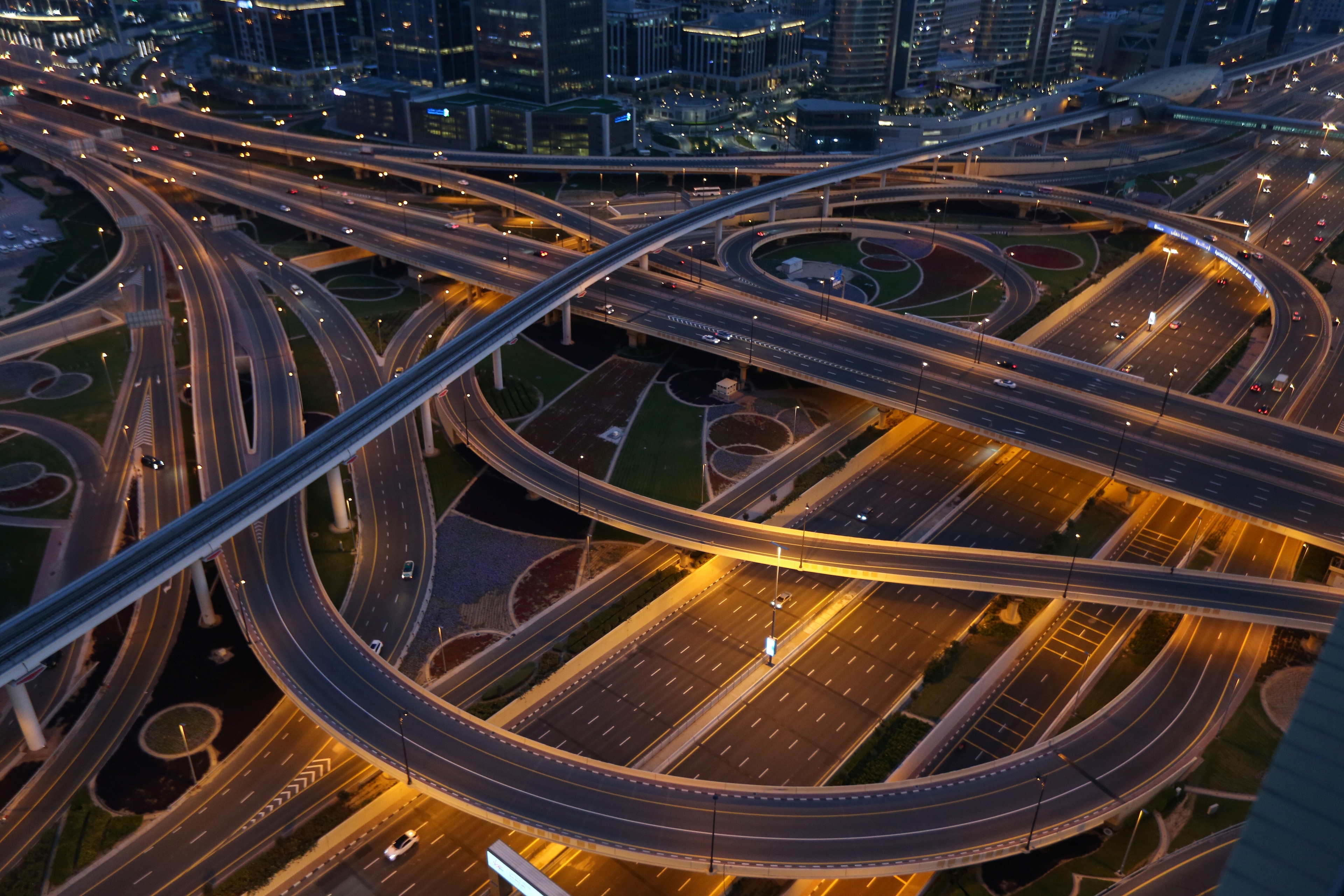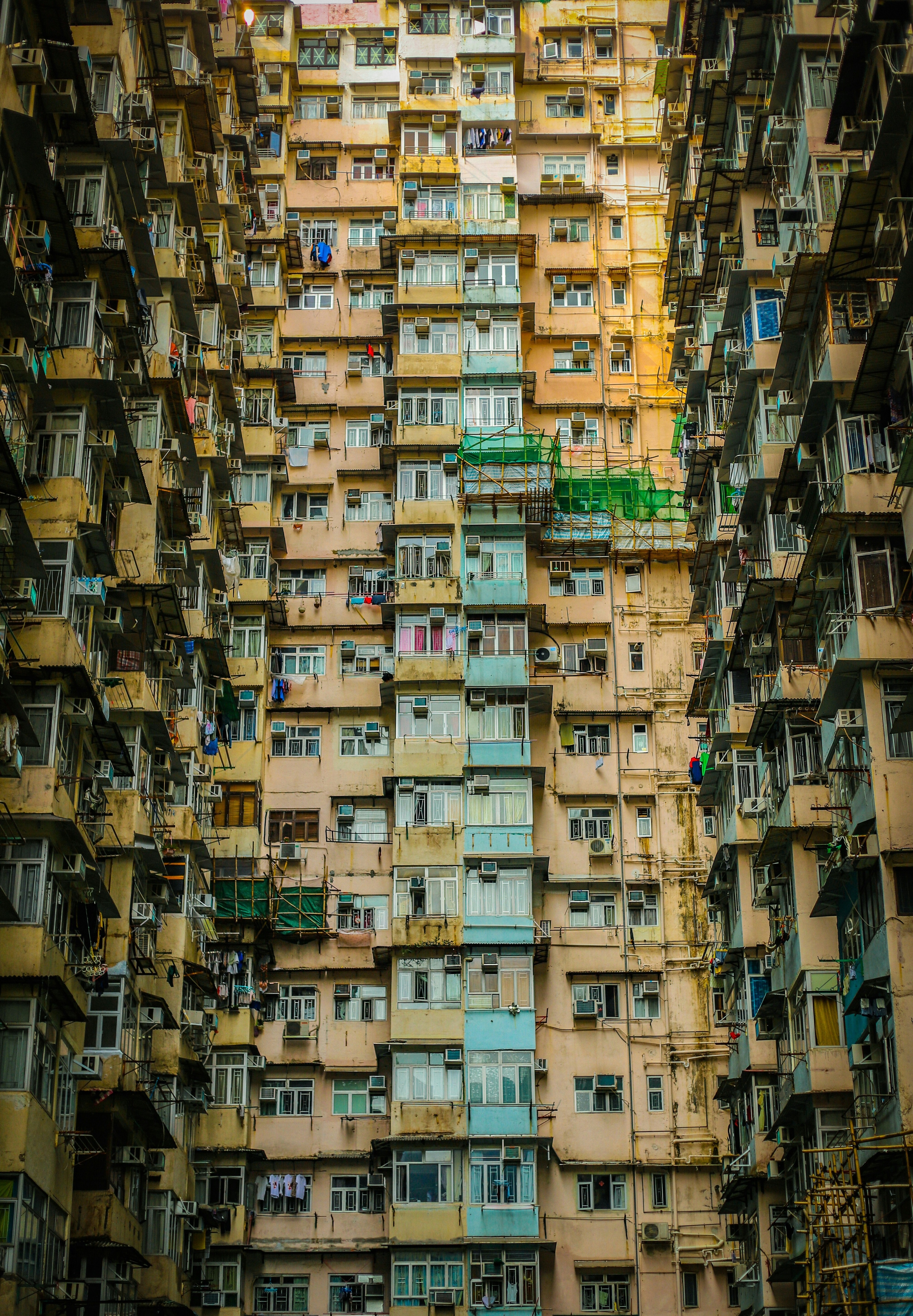These are the most expensive cities in 2023

The Julius Baer Lifestyle Index, which ranks the world’s most expensive cities annually, ranks Singapore as the world’s most expensive city.
Image: Pexels/Chris Schippers
Clarisa Diaz
Multimedia Reporter, QuartzStay up to date:
SDG 11: Sustainable Cities and Communities
- Asia is the costliest region for luxury living, with Singapore ranking as the world's most expensive city.
- Hong Kong, Bangkok, and Taipei also saw significant increases in the cost of luxury living.
- Miami saw the largest increase in living costs over the past year, climbing from 18th in the 2022 ranking to 10th.
- The biggest price increases were for sought-after, premium consumables such as wine and whiskey, as well as luxury cars and hospitality services.
For the wealthy as well as everyone else, the cost of living has climbed over the past year as prices rose. Some cities were hit harder than others. The Julius Baer Lifestyle Index, which ranks the world’s most expensive cities annually, finds that Asia is the costliest region for luxury living, with Singapore ranking as the world’s most expensive city. This year, it surpassed Shanghai, the No. 1 city in 2022.
The index from Julius Baer (pdf), a Swiss money manager, evaluates the cost of 20 items associated with a high-end, cosmopolitan lifestyle, such as premium residential property, luxury cars, business-class flights, and extravagant dinners.
Based on the latest prices for this basket of goods, Hong Kong moved from the fourth to third most expensive city. Bangkok climbed from No. 15 to No. 11, while Taipei fell from third to eighth place. Zurich and Tokyo dropped from seventh and eighth, respectively, to 14th and 15th.
Accept our marketing cookies to access this content.
These cookies are currently disabled in your browser.
Cities where luxury living has gotten way more expensive
With a 22% spike, Miami saw the largest increase in living costs over the past year, climbing from 18th in the 2022 ranking to 10th. Dubai rose from 14th to seventh place, while Jakarta went from 19th to 12th. New York also saw a jump, moving from the 11th to the fifth most expensive city.
The biggest price increases were for sought-after, premium consumables such as wine and whiskey, as well as luxury cars and hospitality services, Julius Baer notes in a statement. As demand for travel and entertainment surges post-pandemic, the costs of goods and services like hotel suites, flights, and fine dining have risen. According to the report, this is largely thanks to higher energy, raw materials, and staffing costs, compounded by inflation, supply chain disruptions, and currency fluctuations.
Have you read?
Cities need financing to meet the global goals and fight climate change - here's why
'5 ways we can promote nature-positive cities': These Mayors around the world are calling for action
A Californian city gave people $500 a month - no strings attached. Here's what happened
African cities embrace active mobility to reduce emissions and improve air quality
Don't miss any update on this topic
Create a free account and access your personalized content collection with our latest publications and analyses.
License and Republishing
World Economic Forum articles may be republished in accordance with the Creative Commons Attribution-NonCommercial-NoDerivatives 4.0 International Public License, and in accordance with our Terms of Use.
The views expressed in this article are those of the author alone and not the World Economic Forum.
Related topics:
Forum Stories newsletter
Bringing you weekly curated insights and analysis on the global issues that matter.
More on Urban TransformationSee all
Jeff Merritt and Vivian Brady-Phillips
July 25, 2025
Muhammad Hassan Dajana and James Balzer
July 22, 2025
Olivia Nielsen
July 16, 2025
Luis Antonio Ramirez Garcia
July 14, 2025
Sam Markey, Basmah AlBuhairan, Muhammad Al-Humayed and Anu Devi
July 8, 2025




